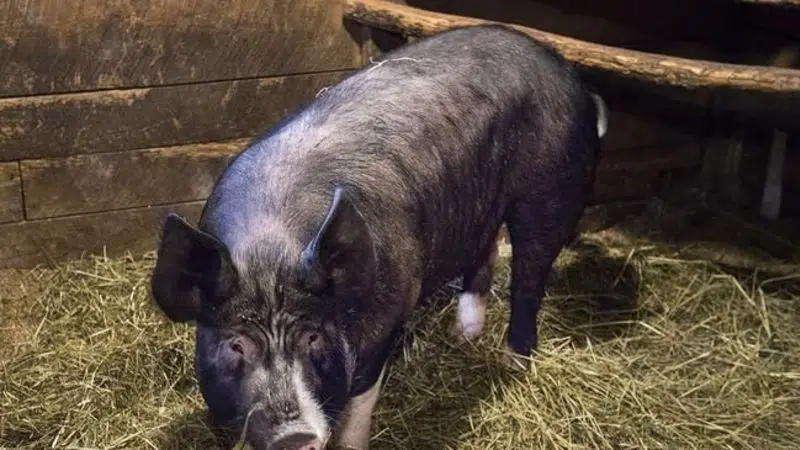
China cancels ban on shipments of pork, beef products from Canada
OTTAWA — The Chinese government has removed a months-long ban on Canadian pork and beef products that hit farmers hard when it arrived in the midst of a broader diplomatic feud between the two countries.
Prime Minister Justin Trudeau applauded the development Tuesday, calling it “good news” for producers.
China suspended the meat imports in June after reporting that its customs inspectors detected residue from a restricted feed additive in a batch of Canadian pork products. A subsequent investigation found forged veterinary health certificates attached to the shipment, which led to an RCMP investigation.
In September, the Canadian Meat Council added up the financial cost of the suspension to Canadian industry, pegging it at close to $100 million.


